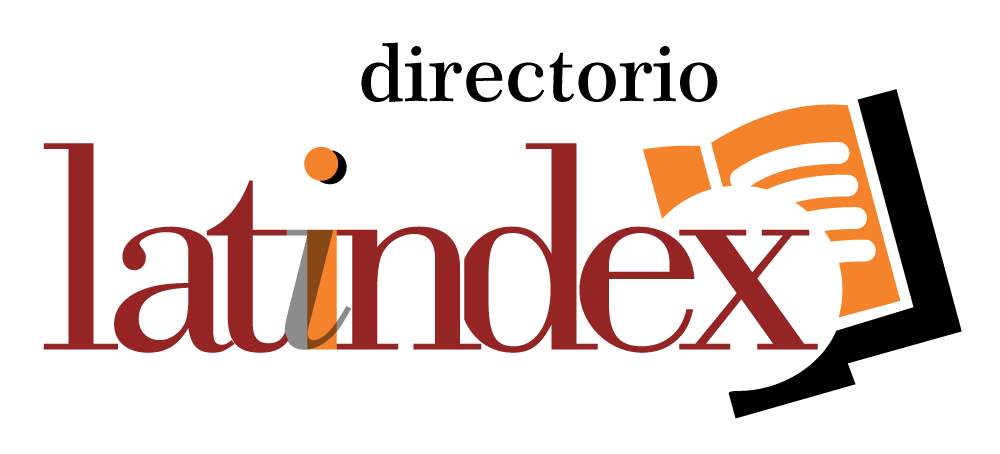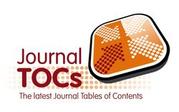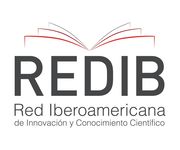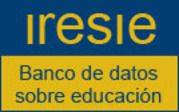DOI:
https://doi.org/10.14483/23464712.16417Published:
2021-10-27O ensino e a aprendizagem da matemática: entre o gramatical e o empírico
The teaching and learning of mathematics: between the grammatical and the empirical
Enseñanza y aprendizaje de las matemáticas: entre lo gramatical y lo empírico
Keywords:
Mathematics, Teaching, Learning, Philosophy of education, Language, Rule, Experiment (en).Keywords:
Matemáticas, Enseñanza, Aprendizaje, Filosofía de la educación, Lenguaje, Regla, Experimento (es).Keywords:
Matemática, Ensino, Aprendizagem, Filosofia da educação, Linguagem, Regra, Experiência (pt).Downloads
Abstract (pt)
Este texto tem o objetivo de analisar possibilidades inerentes ao ensino e aprendizagem da matemática, onde buscamos refletir, a partir da filosofia da linguagem de Wittgenstein, sobre como poderíamos pensar o ensino: gramatical ou empírico? Baseado em regras ou na experiência? Realizamos um ensaio teórico, no qual discutimos inicialmente o papel gramatical da linguagem e da matemática, onde tratamos das proposições matemáticas como proposições gramaticais, e seus usos empíricos e, então, refletimos sobre possibilidades pedagógicas vislumbrando os contextos gramatical e empírico. Concluímos, a partir da análise realizada que o aluno precisa compreender regras da matemática (gramatical), mas seu ensino pode se valer de atividades de aplicação na realidade (empírico), que devem ser vistas a partir da noção de jogos de linguagem.
Abstract (en)
We analyze some possibilities inherent to mathematics teaching and learning when considering two characteristics of the mathematical propositions: we seek to reflect from Wittgenstein's philosophy of language about how we could think the teach: grammatical and empirical. Based on rules or experience? We carried out a theoretical reflection essay in which there are discussions about the grammatical role of language and mathematics. We consider the mathematical propositions as grammatical propositions, and with empirical uses from the view of the philosopher Wittgenstein. In this sense, we reflect on pedagogical possibilities by looking at the grammatical and empirical contexts. We conclude, based on the analysis performed, that student needs to understand rules of mathematics (grammatical), but also can develop application activities in reality (empirical), which must be seen from the notion of language games
Abstract (es)
Este texto tiene como objetivo analizar las posibilidades inherentes a la enseñanza y el aprendizaje de las matemáticas, donde buscamos reflexionar, a partir de la filosofía del lenguaje de Wittgenstein, sobre cómo podríamos pensar la enseñanza: ¿gramatical o empírica? ¿Basado en reglas o experiencia? Realizamos un ensayo teórico, en el que inicialmente discutimos el papel gramatical del lenguaje y las matemáticas, donde tratamos las proposiciones matemáticas como proposiciones gramaticales y sus usos empíricos, y luego reflexionamos sobre las posibilidades pedagógicas observando contextos gramaticales y empíricos. Concluimos, con base en el análisis realizado, que el alumno necesita comprender las reglas de la matemática (gramatical), pero su enseñanza puede incluir actividades de aplicación en la realidad (empírica), lo cual debe verse desde la noción de juegos de lenguaje.
References
AZIZE, RL. Os inícios da abertura pragmática de Wittgenstein: o princípio do contexto. Cognitio/Estudos: Revista Eletrônica de Filosofia. Centro de Estudos do Pragmatismo - Programa de Estudos Pós-Graduados em Filosofia. Pontifícia Universidade Católica de São Paulo, n. 1, 2004. Disponível em: https://revistas.pucsp.br/index.php/cognitio/article/download/5406/3857. Acesso em: 09 set. 2018.
BOUVERESSE, J. Linguagem ordinária e filosofia. Em: SUMPF, J et al. Filosofia da linguagem. Coimbra: Almedina, 1973. p. 71-138.
DESCOMBES, V. Philosophie des représentations collectives. History of the Human Sciences, SAGE Publications, 13 (1), pp.37-49, 2000. Disponível em: https://jeannicod.ccsd.cnrs.fr/ijn_00000511/document. Acesso em: 30 dez. 2017.
https://doi.org/10.1177/09526950022120584
GERRARD, S. Wittgenstein's philosophies of mathematics. Synthese, n. 87, Kluwer Academic Publishers, p. 125-142, 1991.
https://doi.org/10.1007/BF00485331
GLOCK, HJ. Necessity and normativity. Em: SLUGA, H; STERN, DG. The Cambridge Companion to Wittgenstein. Cambridge: Cambridge University Press, 1996. p. 198-225.
https://doi.org/10.1017/CCOL0521460255.007
______. Dicionário Wittgenstein. Rio de Janeiro: Jorge Zahar Editor, 1998.
GOTTSCHALK, CMC. Fundamentos filosóficos da matemática e seus reflexos no contexto escolar. International Studies on Law and Education, v. 18, p. 73-82, 2014.
INEP. Relatório SAEB. Instituto Nacional de Estudos e Pesquisas Educacionais Anísio Teixeira. Brasília, 2019.
MENEGHETTI, FK. O que é um ensaio-teórico? RAC, Curitiba, v. 15, n. 2, pp. 320-332, Mar./Abr. 2011.
https://doi.org/10.1590/S1415-65552011000200010
MORENO, AR. Wittgenstein e os valores: do solipsismo à intersubjetividade. Natureza Humana, v. 3, n. 2, p. 233-288, jul.-dez. 2001.
______. Descrição fenomenológica e descrição gramatical: ideias para uma pragmática filosófica. Revista Olhar, UFSCar, v. IV, n.7, p. 94-139, 2003.
______. Wittgenstein: os labirintos da linguagem. Campinas: Editora Moderna, 2006.
SCHMITZ, F. Wittgenstein. São Paulo: Liberdade, 2004.
SILVA, Jairo José da. Filosofias da matemática. São Paulo: Editora da UNESP, 2007.
SILVEIRA, MRA. Produção de sentidos e construção de conceitos na relação ensino/aprendizagem da matemática. 2005. 175f. Tese (Doutorado em Educação), Faculdade de Educação, Universidade Federal do Rio Grande do Sul, Porto Alegre, 2005.
SOUSA, B. N. A. A Matemática em atividades de modelagem matemática: uma perspectiva wittgensteiniana. 2017. 316f. Tese (Doutorado em Ensino de Ciências e Educação Matemática). Universidade Estadual de Londrina, UEL, Londrina, 2017.
WITTGENSTEIN, L. Wittgenstein's Lectures on the Foundations of Mathematics, Cambridge 1939 (LFM). Hassocks: Harvester Press, 1976.
______. Observaciones sobre los fundamentos de la matemática. Madrid: Alianza Editorial, 1987.
______. Tractatus logico-philosophicus. São Paulo: Edusp, 1993.
______. Cours sur les fondements des mathématiques. Toulouse: Éditions T. E. R., 1995.
______. Remarks on the foundations of mathematics. Oxford: Blackwell, 1998.
______. Investigações filosóficas. São Paulo: Nova cultural, 1999.
______. Gramática filosófica. São Paulo: Loyola, 2003.
How to Cite
APA
ACM
ACS
ABNT
Chicago
Harvard
IEEE
MLA
Turabian
Vancouver
Download Citation
License
Copyright (c) 2021 Autor y Góndola. Enseñanza y Aprendizaje de las Ciencias

This work is licensed under a Creative Commons Attribution-NonCommercial-NoDerivatives 4.0 International License.
Gondola, Ens Aprend Cienc. is an open-access publication, free of charge for authors and readers. The publication, consultation or download of the contents of the magazine does not generate any cost for the authors or the readers, since the Francisco José de Caldas District University assumes the expenses related to edition, management and publication. The peer evaluators do not receive any economic retribution for their valuable contribution. The work of all the actors mentioned above is understood as a contribution to the strengthening and growth of the research community in the field of Science Education.
As of December 1, 2018 the contents of the journal are published under the terms of the Creative Commons License Attribution-Noncommercial- ShareAlike 4.0 International (CC-BY-NC-SA 4.0), under which others may distribute, remix, retouch, and create from the work in a non-commercial way, give credit and license their new creations under the same conditions.
The copyright holders are the authors and the journal Gondola, Ens Aprend Cienc. The holders retain all rights without restrictions, respecting the terms of the license in terms of consultation, downloading and distribution of the material.
When the work or any of its elements is in the public domain according to the applicable law in force, this situation will not be affected by the license.
Likewise, we encourage authors to deposit their contributions in other institutional and thematic repositories, with the certainty that culture and knowledge is a good of all and for all.

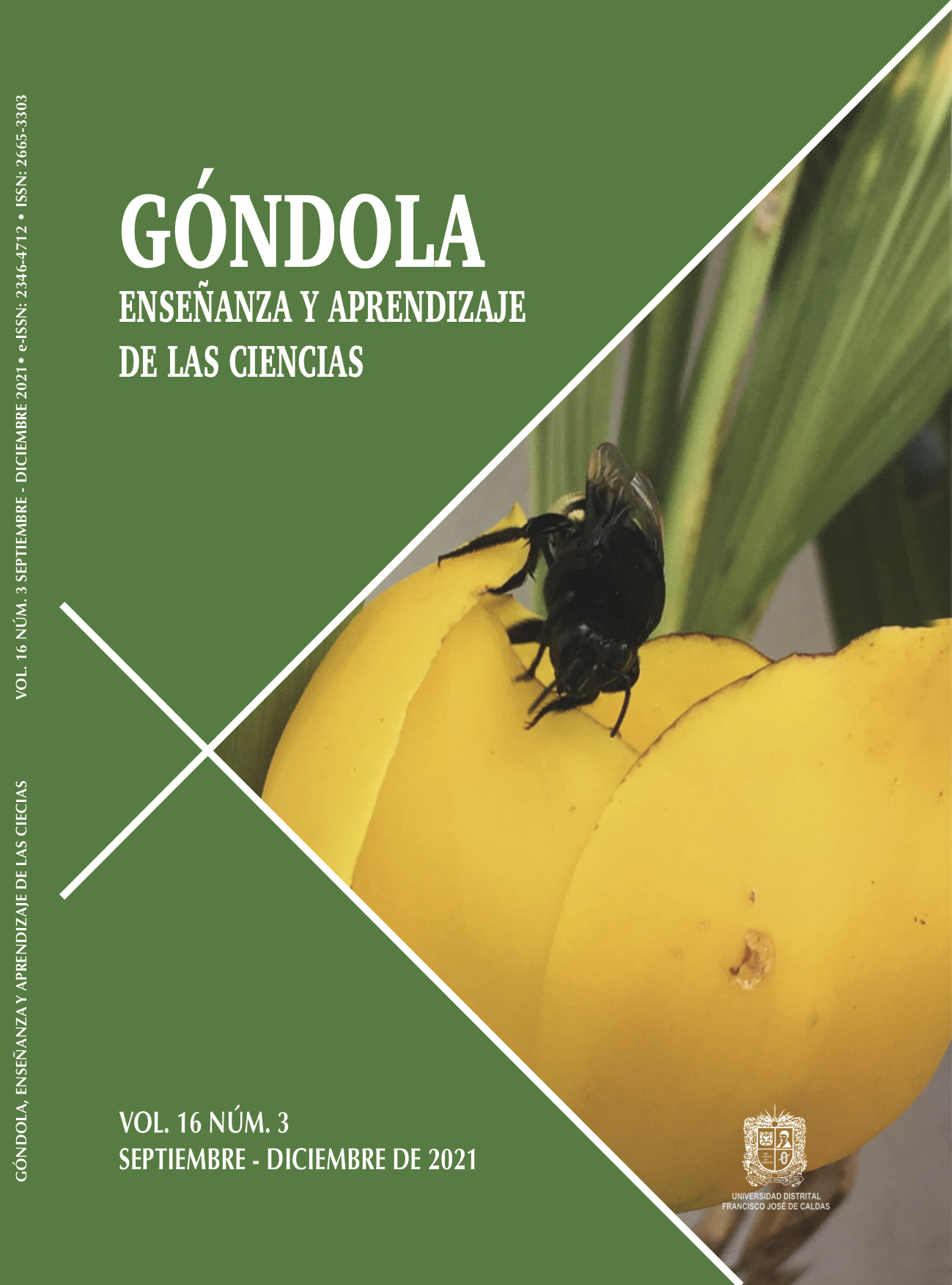


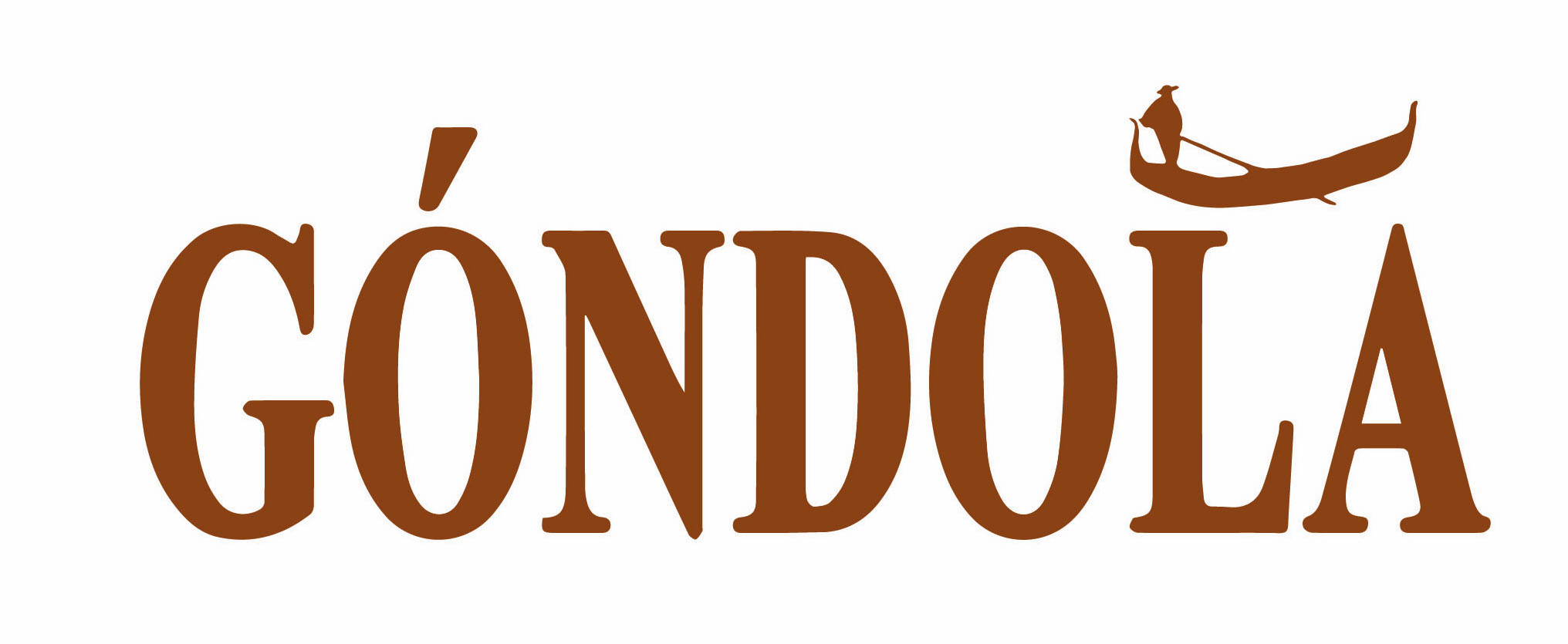
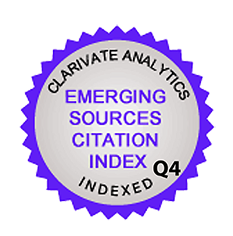


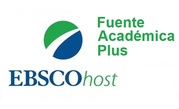
.jpg)
